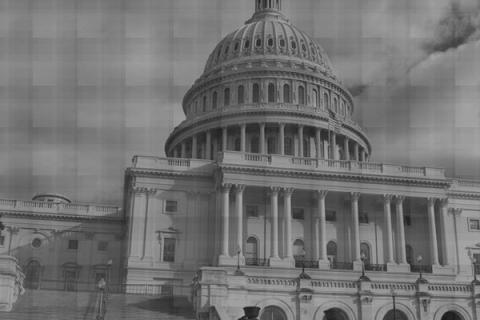Driverless cars are quickly becoming a reality thanks to Google's recent investments in the technology. It seems that driverless cars can only improve life for everyone involved, but, financially, driverless cars raise a few questions.
In fact, the perceived loss of jobs from driverless vehicles has led some to believe the switch to them could be widely rejected, with their ire stemming from the simple fact that many jobs will become obsolete.
A number of people believe driverless vehicles could potentially result in the loss of millions of jobs, from taxi services to pizza delivery.
Although this is a very real issue, if there comes a time when driverless cars can perform these jobs well enough to replace human beings, it will be far in the future. This technology is in its infancy, and as it grows, measures will be taken to ensure that no one field of work is simply eliminated.
Christopher Brown, robotics research engineer with the Johns Hopkins University Applied Physics Laboratory, believes that robots in the future will be designed to work with people, not to replace them:
"It is much more likely, for now, that robots will help augment people's abilities, allowing us to use robots for things humans can't do," Brown said. "Even if that changes, you'll have to have someone who builds the robots."
In addition, the concepts of what a "car" is will have to be altered, as will the methods people use to make money off of them. Driving tickets will quickly become obsolete, meaning state and local governments will see less money from this specific source of revenue.
The revenue potential for both parking and driving tickets is substantial. According to a report by AAA Mid-Atlantic, Washington, D.C. alone garnered $80 million in parking tickets in fiscal year 2011.
"Automation is challenging all sorts of traditional revenue sources for cities and states,” said Bryant Walker Smith, a fellow at the Center for Internet and Society at Stanford Law School and a fellow of the Center for Automotive Research at Stanford. “It’s challenging how states and federal agencies get their funds, and parking fees are clearly challenges that could be in the future.”
While some may raise issue with the potential downsides to the technology, driverless cars also bring about some advantages in the money department. For starters, they will be much more fuel efficient. By not suddenly accelerating and decelerating, gas mileage will increase by at least a small degree. In addition, they will help clean out congestion in ordinarily crowded city traffic centers. Because they don't rubberneck, and drive much more uniformly than humans, they could make a morning commute a pleasant process.
This has the potential to be a huge boon for commuters, who, in 2012, spent an approximate total of $101 billion in lost productivity and added fuel costs from the 4.8 billion hours spent in traffic and 1.9 billion gallons of gas used, according to Forbes
Not only would an increase in driverless cars result in less speeding tickets, but also the number of sensors and safety features in these cars of the future means the number of accidents would be drastically reduced, meaning less expensive car insurance for those willing to take the plunge into driverless cars.
Federico Pistono, author of "Robots Will Steal Your Job but That's Okay," describes some of the claims Google makes about its driverless cars. Most notably, according to Pistono, they claim to be able to reduce the number of cars, accidents, and pollution by 90 percent.
Taking these estimations at face value, this would translate to about 5.5 million accidents each year, as well as almost $300 billion in losses from crashes.
Even if the 90 percent figure is solid, it will take some time to perfect the technology to reach that goal and some lawmakers have a raised a major financial concern: liability.
With no driver to assume responsibility for any accidents the vehicle incurs, liability with driverless cars becomes a foggy and, likely, controversial issue. It places much more stress on the automakers since they are not just designing the car, but essentially operating it as well.
One solution, presented by Arizona state Representative Jeff Dial, aims to keep liability in the hands of the actual driver of the vehicle.
HB 2167, introduced by Dial, states that the person who switches the car into its autonomous mode will be considered the lawful operator of the vehicle, and is responsible for all accidents as if it were any other car.
Despite Dial's efforts, the growing autonomous functions of cars means that more accidents will be blamed on the car itself. Even now, many accident cases have been pinned to features like automatic object detection.
For now, the positive and negative consequences of incorporating more driverless vehicles into consumer and commercial markets is mostly speculative since the use of the technology is still limited. The best people can do is use the data currently available to make their own conclusion on how they feel about driverless cars.


